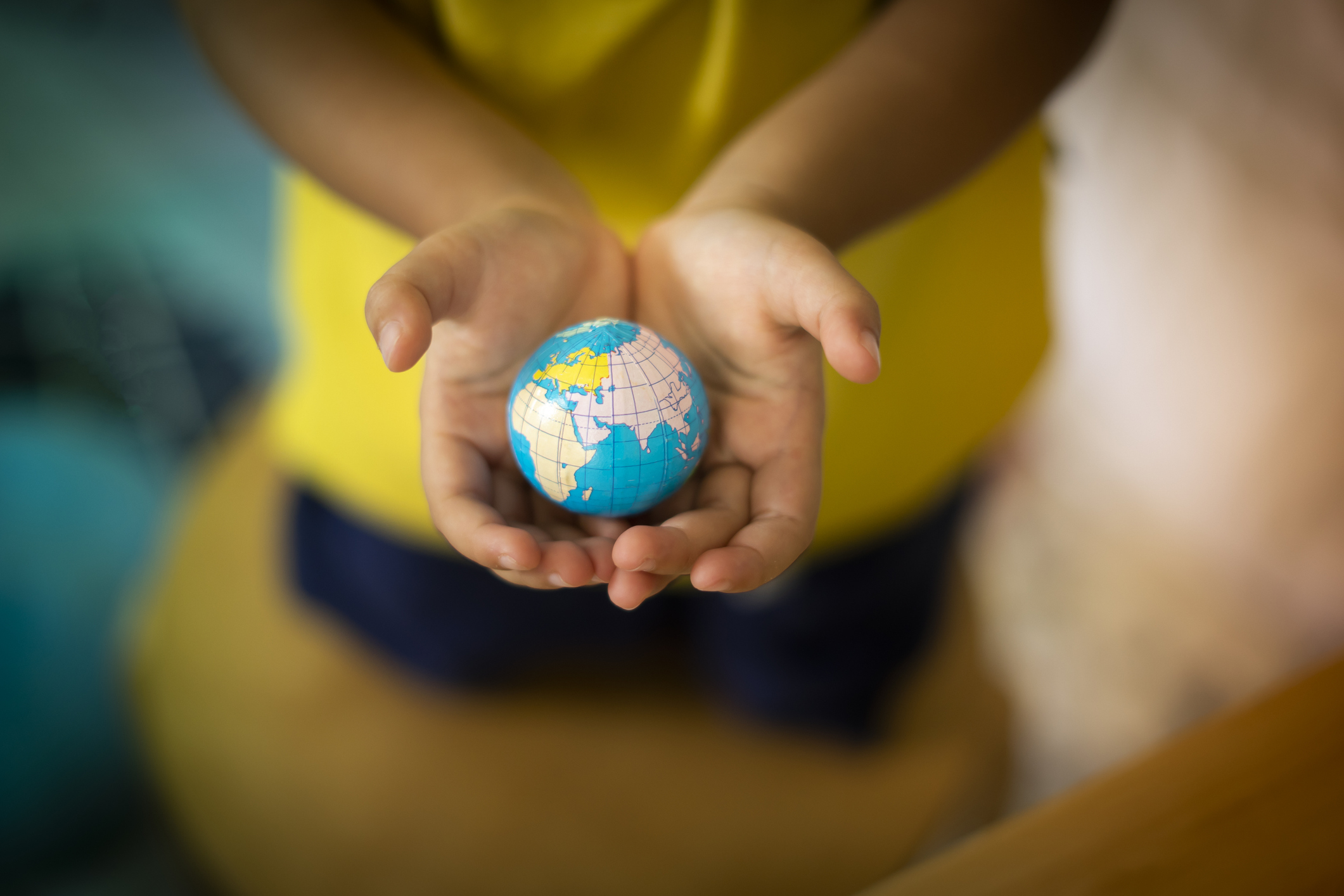
From the time our children are babies, we teach them manners. We say "please" and "thank you," and when they're old enough, we remind them to do the same. We understand that manners are important because they show that we respect others, and when we respect others, they are more likely to respect us. Manners matter>; they always have and always will. But you know what we should also be teaching them? To show those same manners to our home: planet Earth.
More from MamásLatinas: Clever & beautiful crafts made out of recycled materials
You wouldn't stand for your child going to a friend's home and wrecking it, would you? Well, the same should be true for this incredible planet of ours. We should all be teaching our kids not to destroy it and instead to take care of it and treat it with kindness and appreciation. After all, we are guests here, and if we wear out our welcome, the Earth will no longer provide for us.
Children are curious and eager to learn; they like knowing the reasons behind our actions. If we tell them to stay away from single-use plastic products, maybe they'll listen. But if we explain to them the damage that these products cause to the environment, how some animals eat them and choke, and how it can take a plastic bottle 450 years to decompose, then they'll understand why their actions matter and are more likely to adopt eco-friendly behaviors for life. Here are a few simple ways we can all teach our kids to take care of our planet.
Spend time outside.
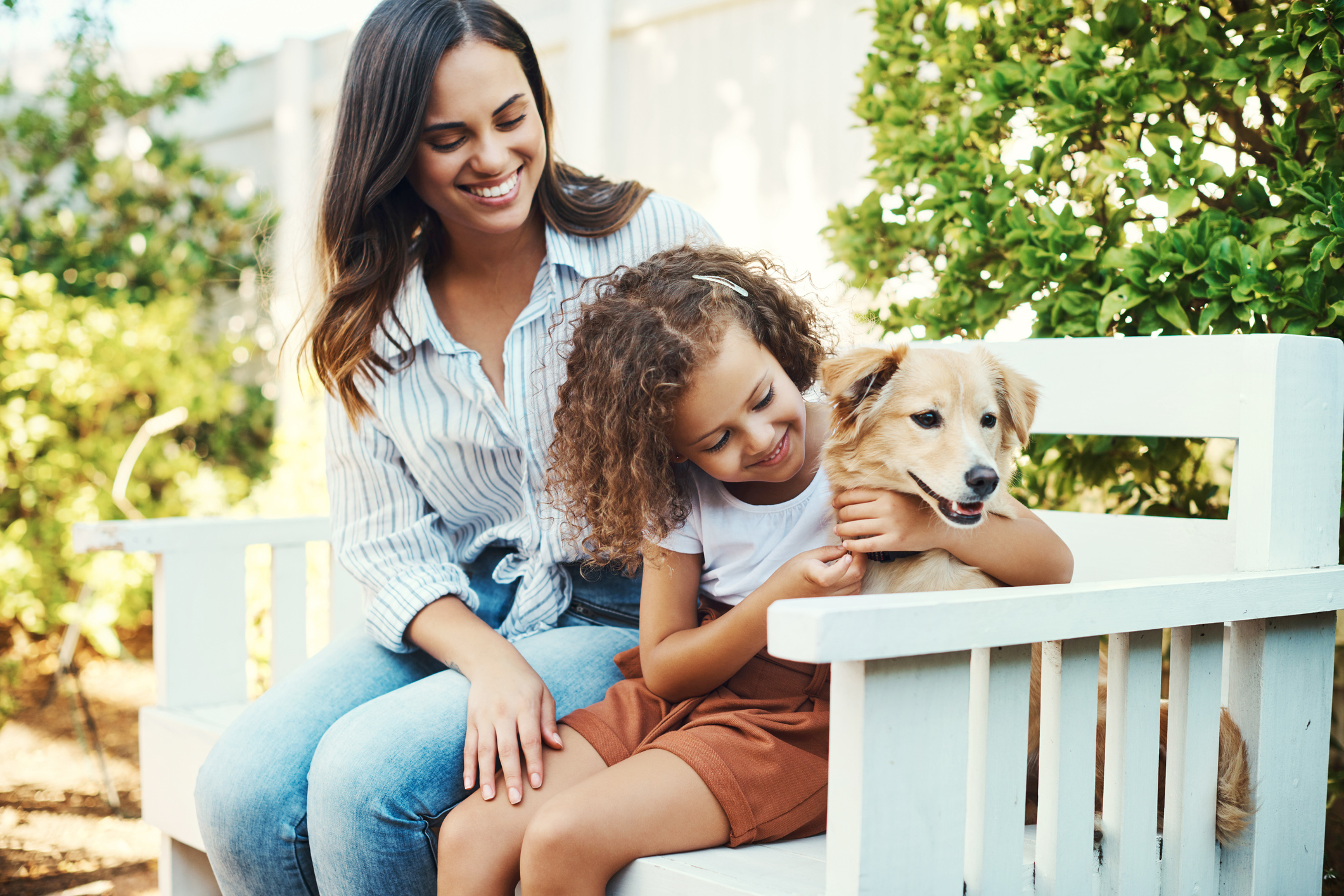
The more time your kids spend outside enjoying nature or simply just being surrounded by it, the more they'll appreciate this amazing planet. Hikes and beach trips and camping are great, but you can also just eat lunch in the backyard, read books on the porch, or play board games in the grass. Your kids will grow to love the feel of the sun on their skin and the breeze in their hair, and want to protect the Earth that makes it all possible.
Keep those doors closed.
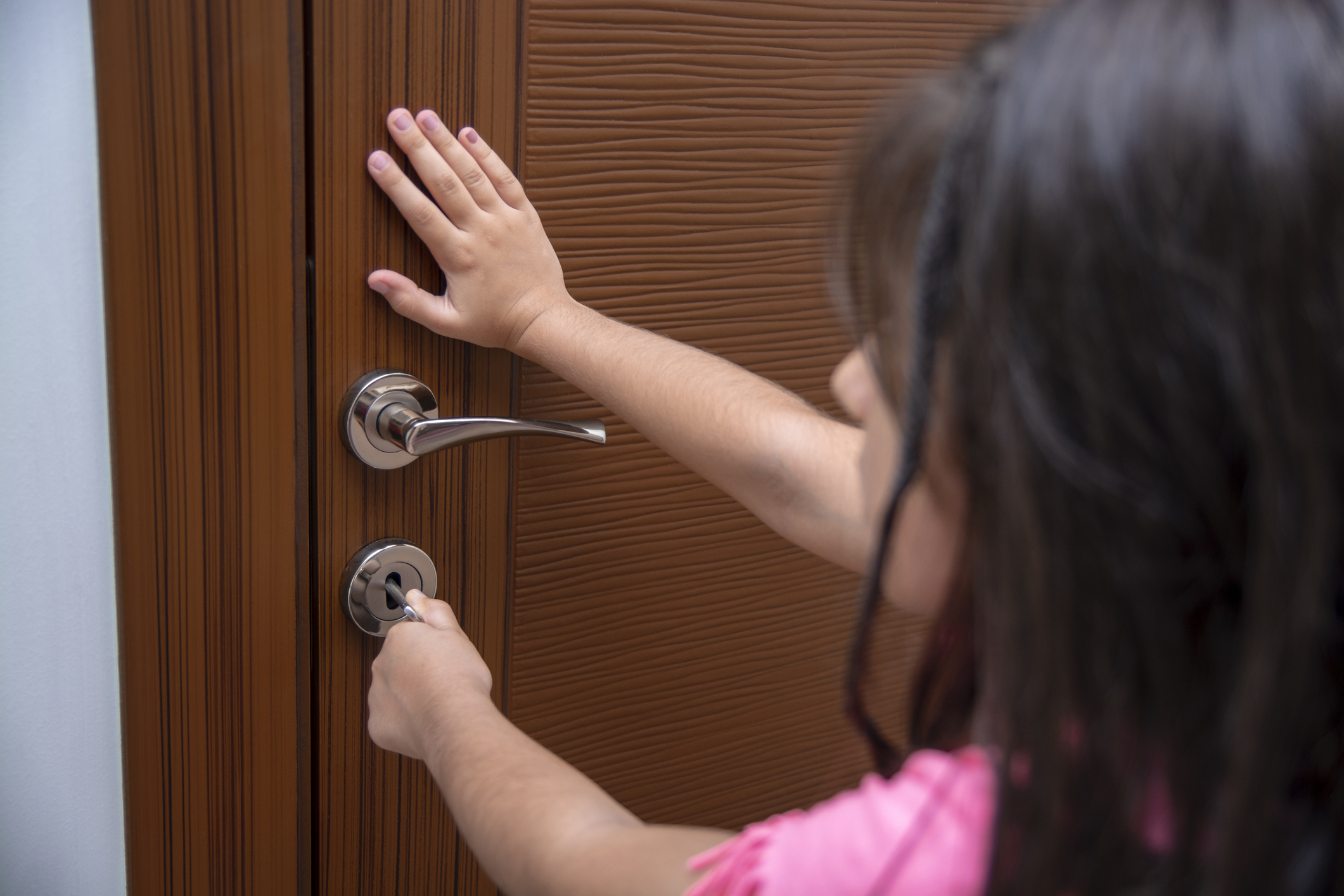
Help your little one make it a habit to close doors when they leave a room or go outside, and even to keep the refrigerator door closed. Leaving doors open for too long when the heat or air conditioning is running uses up too much energy, which is bad for the environment.
Switch to eco-friendly cleaning products.
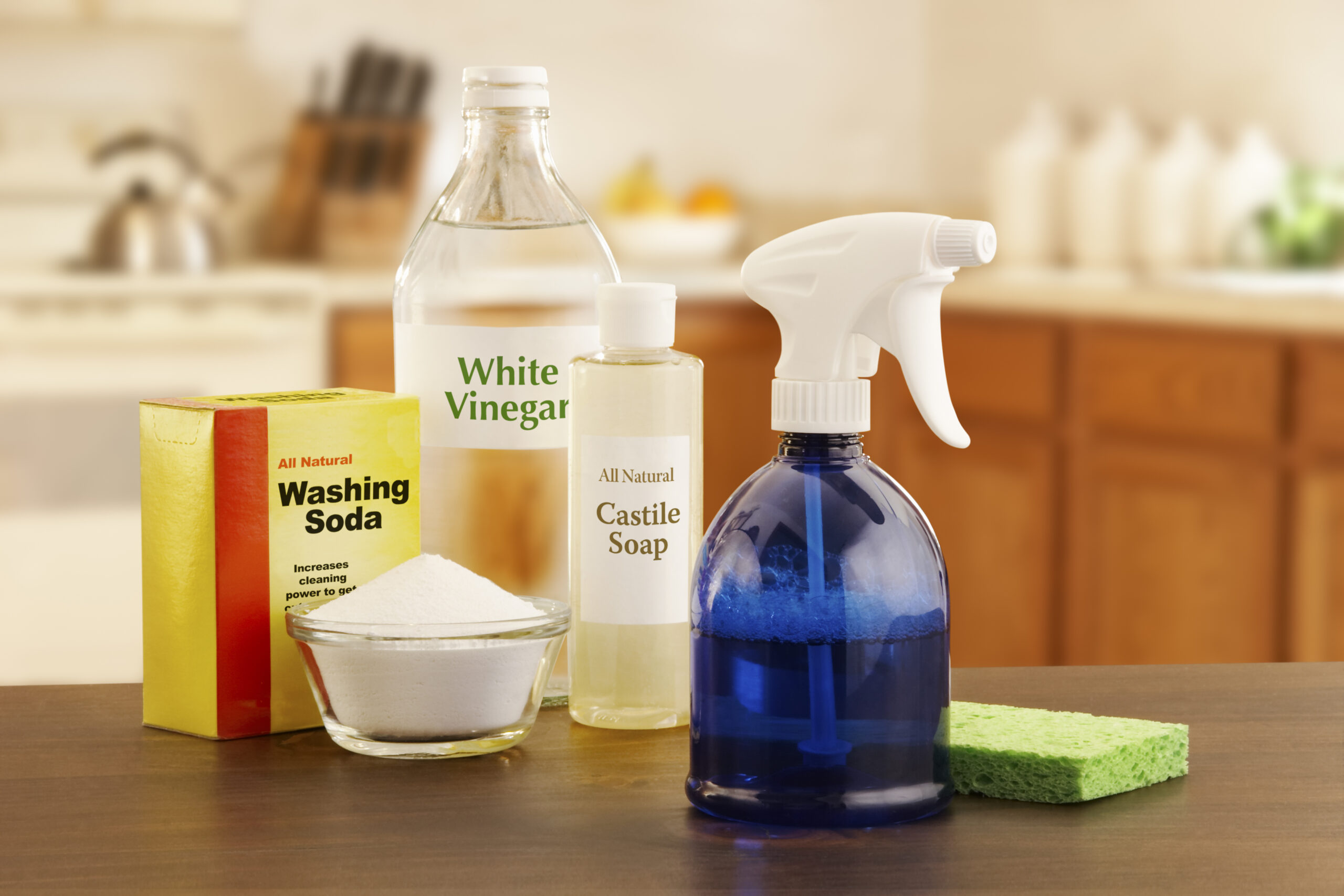
The cleaning product industry is a massive one. We all want clean homes, but it's also one that often utilizes harsh, potentially harmful chemicals and wasteful single-use plastics. Show your kids you care by switching to eco-friendly and/or homemade cleaning products. There are even cleaning product brands that sell products in reusable glass bottles instead of plastic ones.
Use the library.
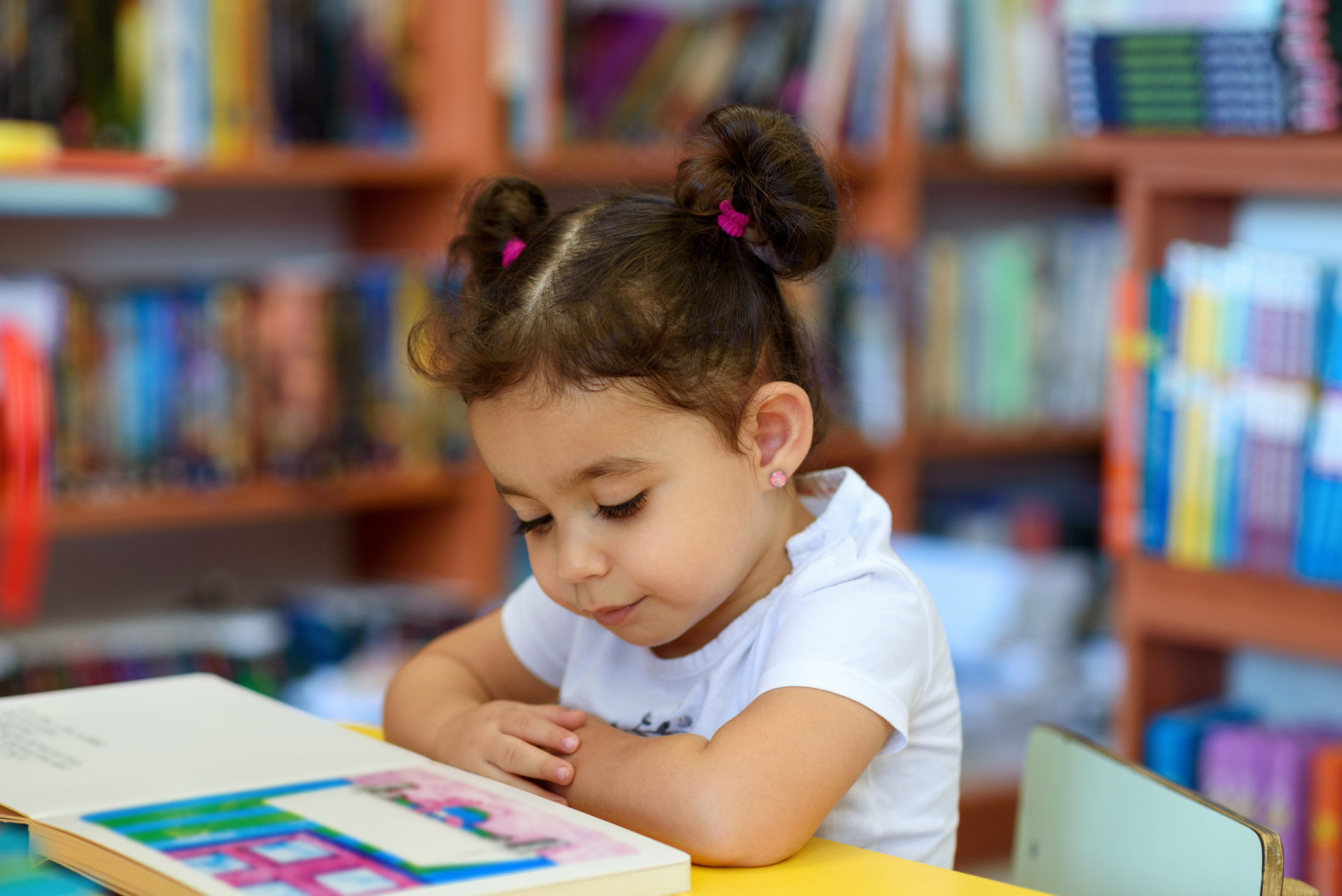
We all want our kids to love reading, so we buy them tons of books from the time they're very little. While we're all for having a core home library, consider visiting the library to pick up any books that aren't must-own titles. It'll save on paper and production, which both can have negative impacts on the environment. When your kids outgrow certain books, don't toss them. Instead, donate them or give them away to family, friends, and neighbors.
Teach them not to litter.
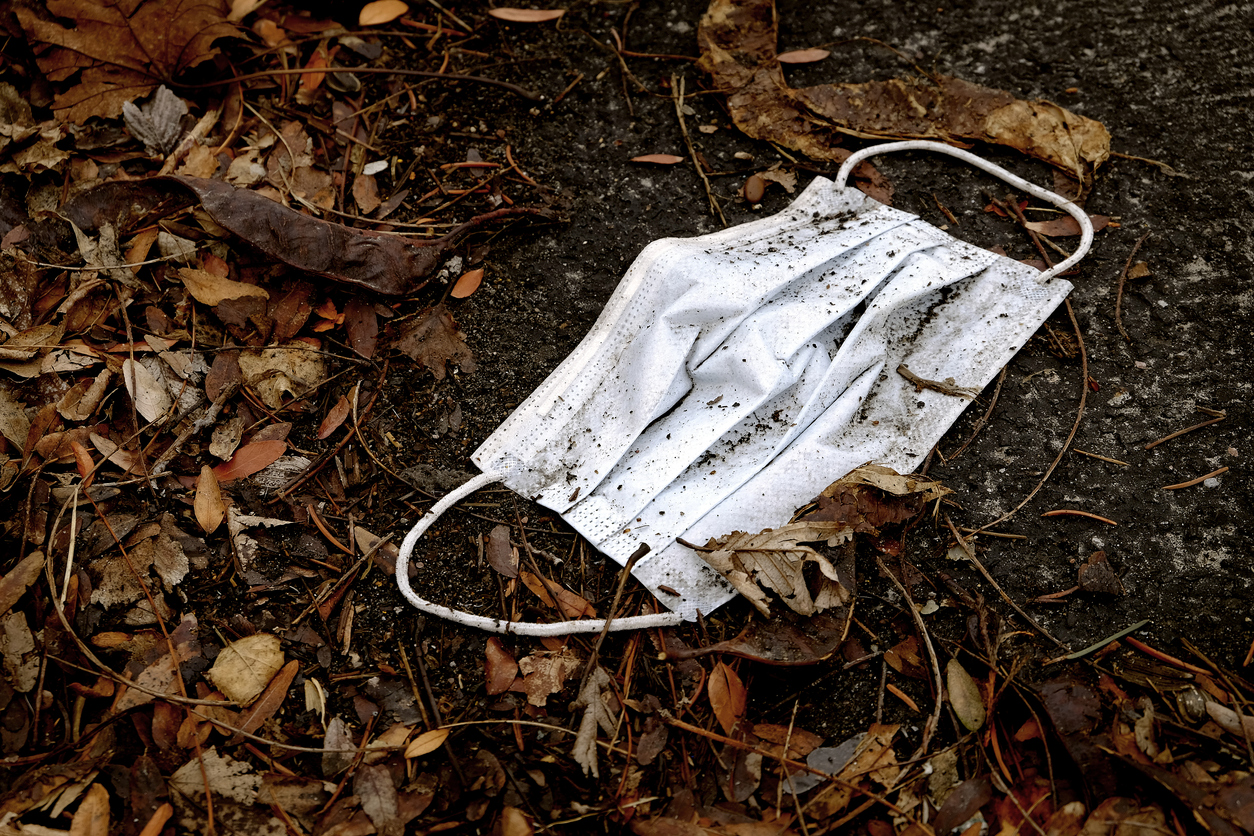
This might seem like a no-brainer, but all you have to do is go for a walk to see that litterbugs are alive and littering left and right. The world is not a trash can. Dropping garbage any old place is rude and can be really harmful to plants and animals. You should strive to leave places as you found them or better than you found them, not worse because of your presence.
Replace any 'regular' light bulbs with eco-friendly ones.

Both LED and compact fluorescent bulbs are more energy-efficient than conventional incandescent bulbs, so by replacing them you are using less energy to get the same amount of light, and you're also saving money on your power bill. That's a win-win!
Teach them how to recycle, reuse, reduce.
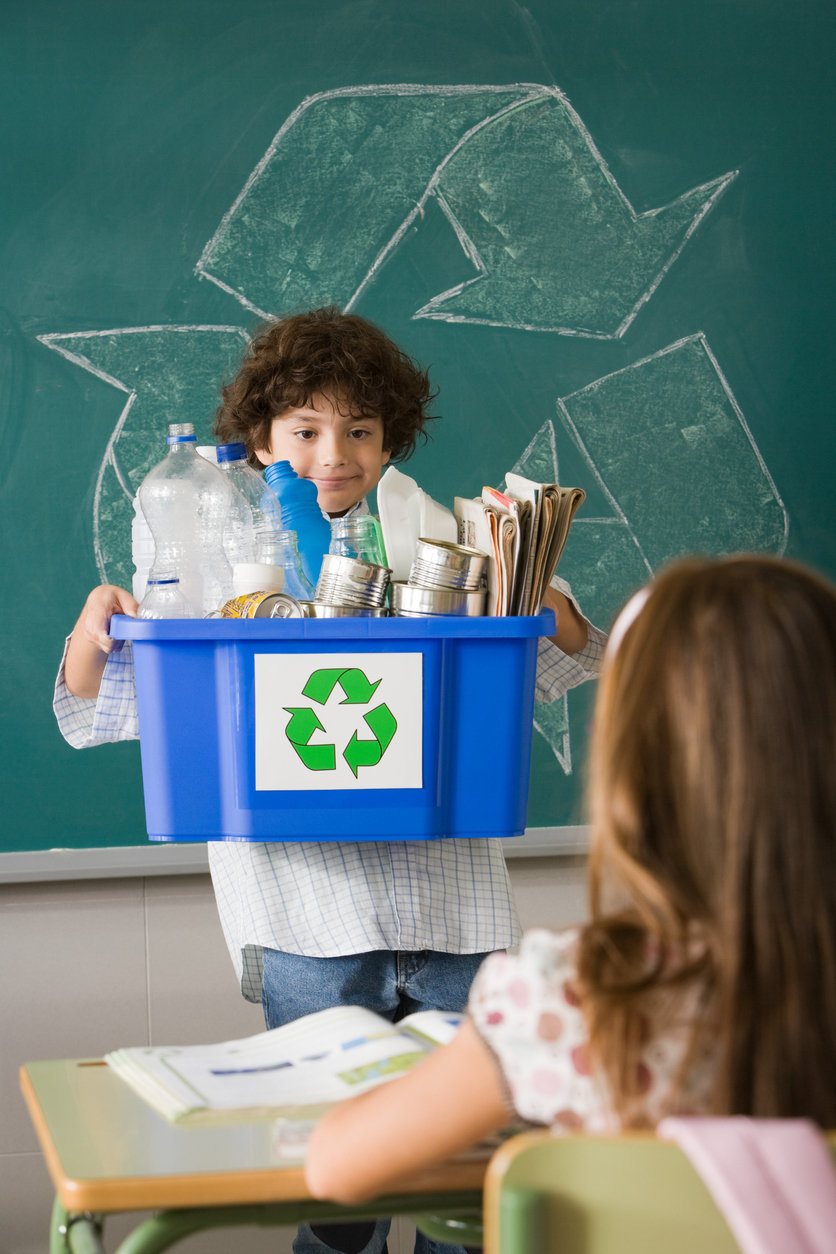
Whenever you are cleaning up and disposing of items, teach your children how to separate items that can be recycled and reused in order to reduce the amount of garbage going into landfills. Many plastic and paper products can be recycled. As far as reusing, you can reuse some containers for storage like your abuela always has, and you can turn some items into craft supplies for your kids' next art project.
Get them to be unpluggers.
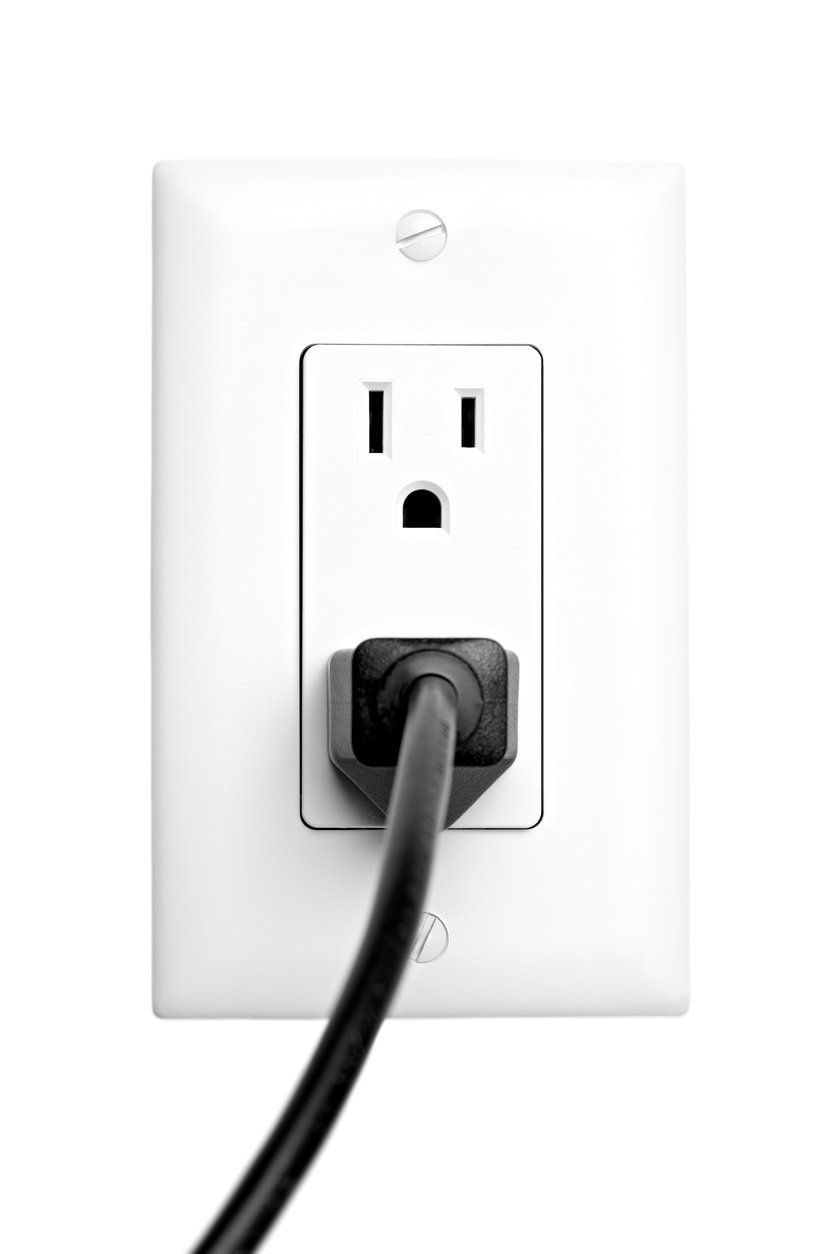
All appliances and electronics that are plugged in use a bit of energy. Yup, even if they are turned off, they still use some energy. It makes sense to unplug items that don't get used regularly. It saves energy and will save you money on your utility bill.
Use eco-friendly transportation whenever possible.
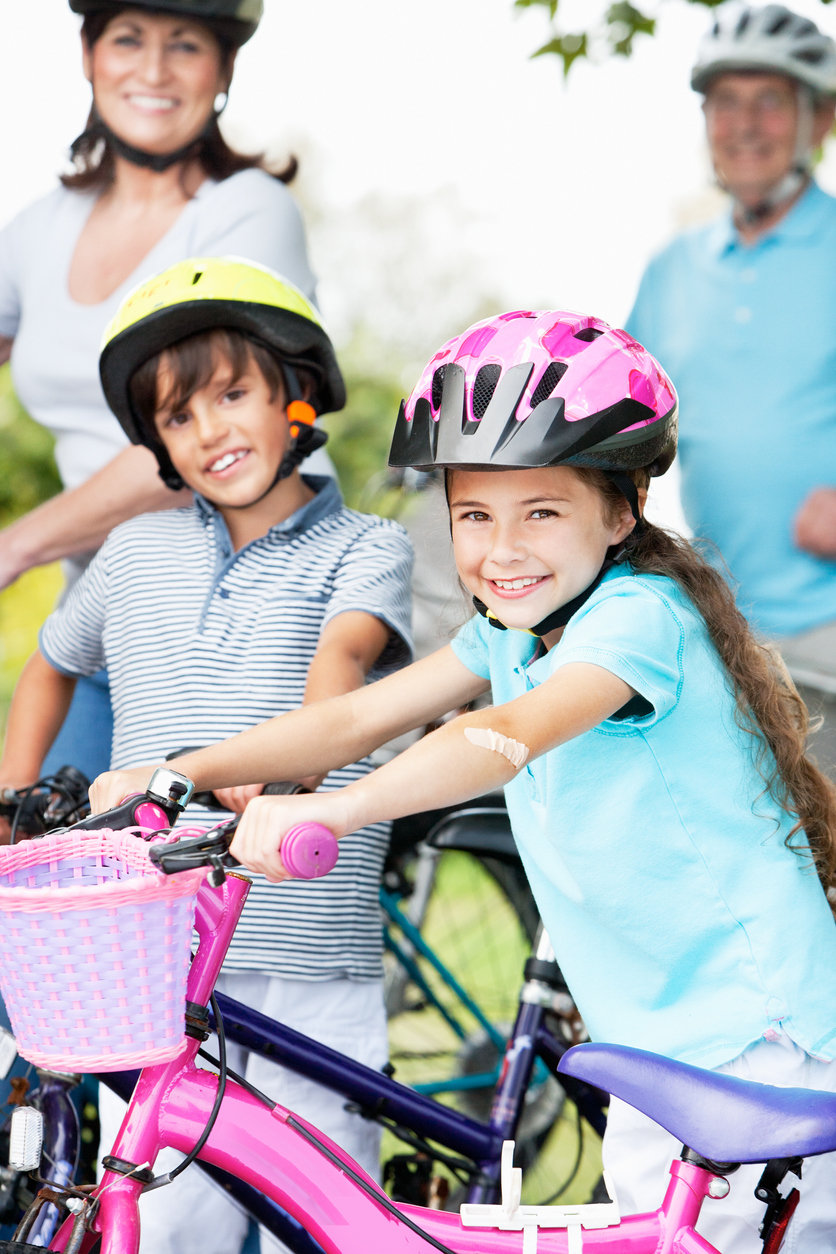
If you are going to the park, do you really need to drive there? Can you walk or ride your bikes instead? Not only is it better for the environment, it's great for your health too, and it's a fun family activity.
Assign them to be light monitors.
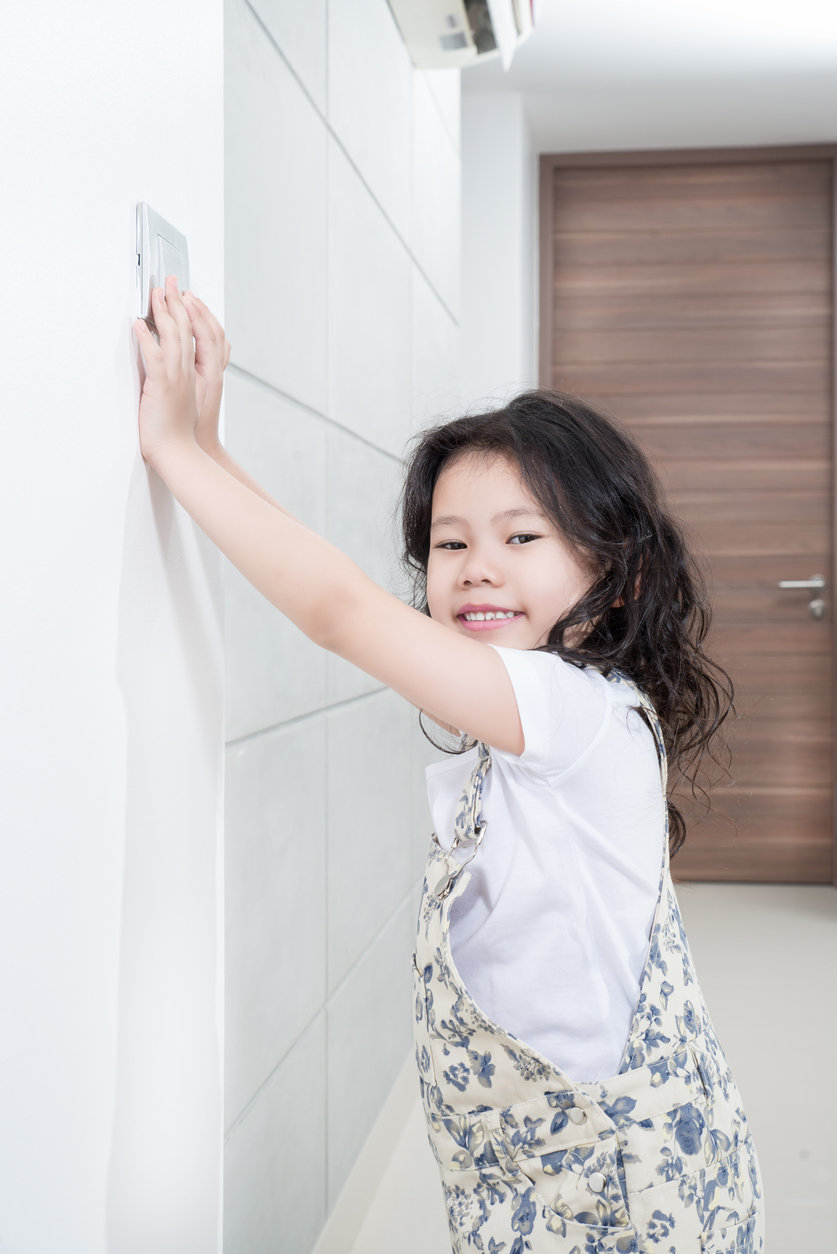
Kids love getting to be "monitors" in school, so why not assign them to be light monitors at home? Tell them they are always in charge of turning off the lights when they leave a room that no one else is in. You could give them some kind of bonus or reward whenever they turn off lights that someone else has left on.
Practice tick-tock in the shower.
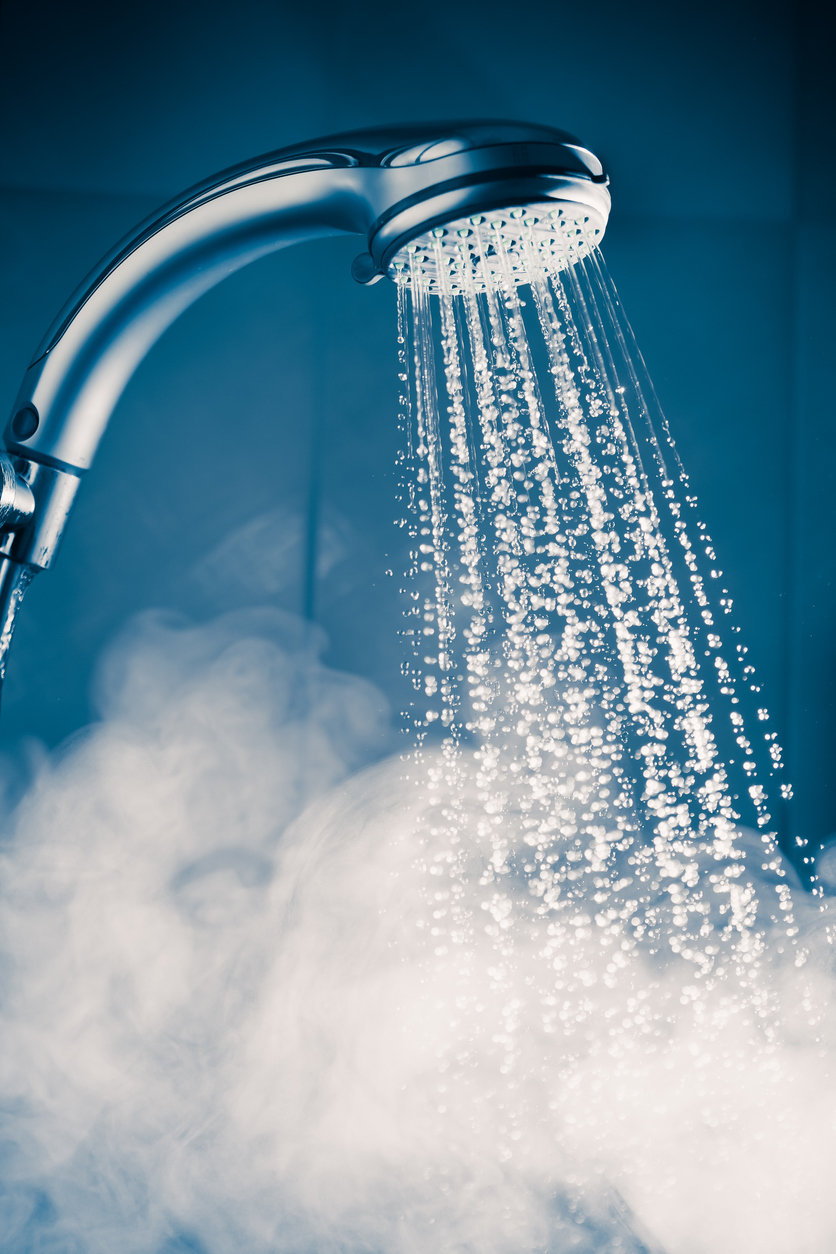
No, not the social media app TikTok. We mean teaching your kids to be mindful of how long their showers are so that they aren't wasting water. They need enough time to get clean, but once they are clean, it's time to get out.
Recycle your broken crayons.
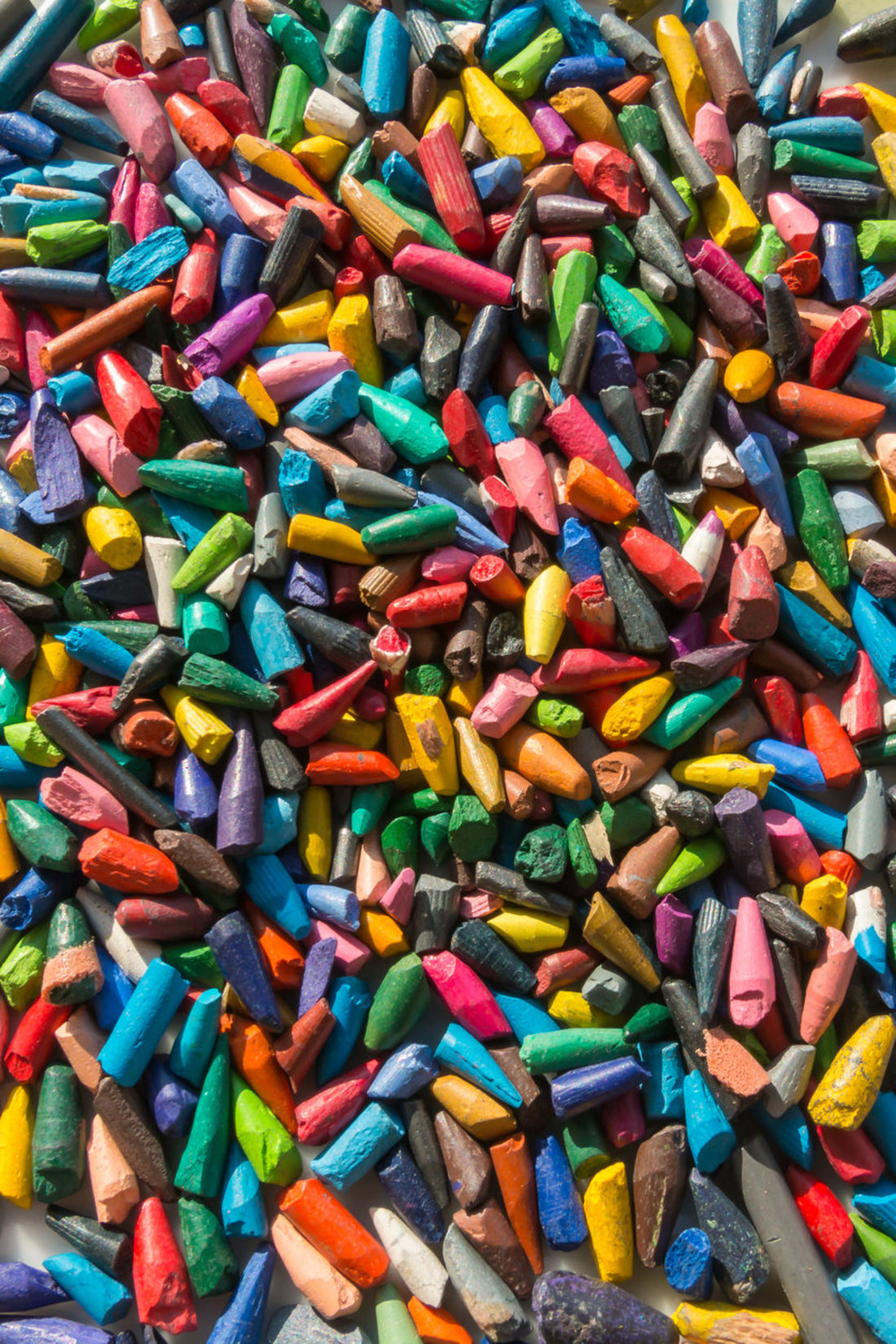
Crayons break all the time or get used up to the point of not being fun to color with anymore. Instead of throwing them away, consider using them to make a craft, or send them to the National Crayon Recycling Program, where they will get melted down and turned into new crayons.
Stay hydrated with reusable water bottles.
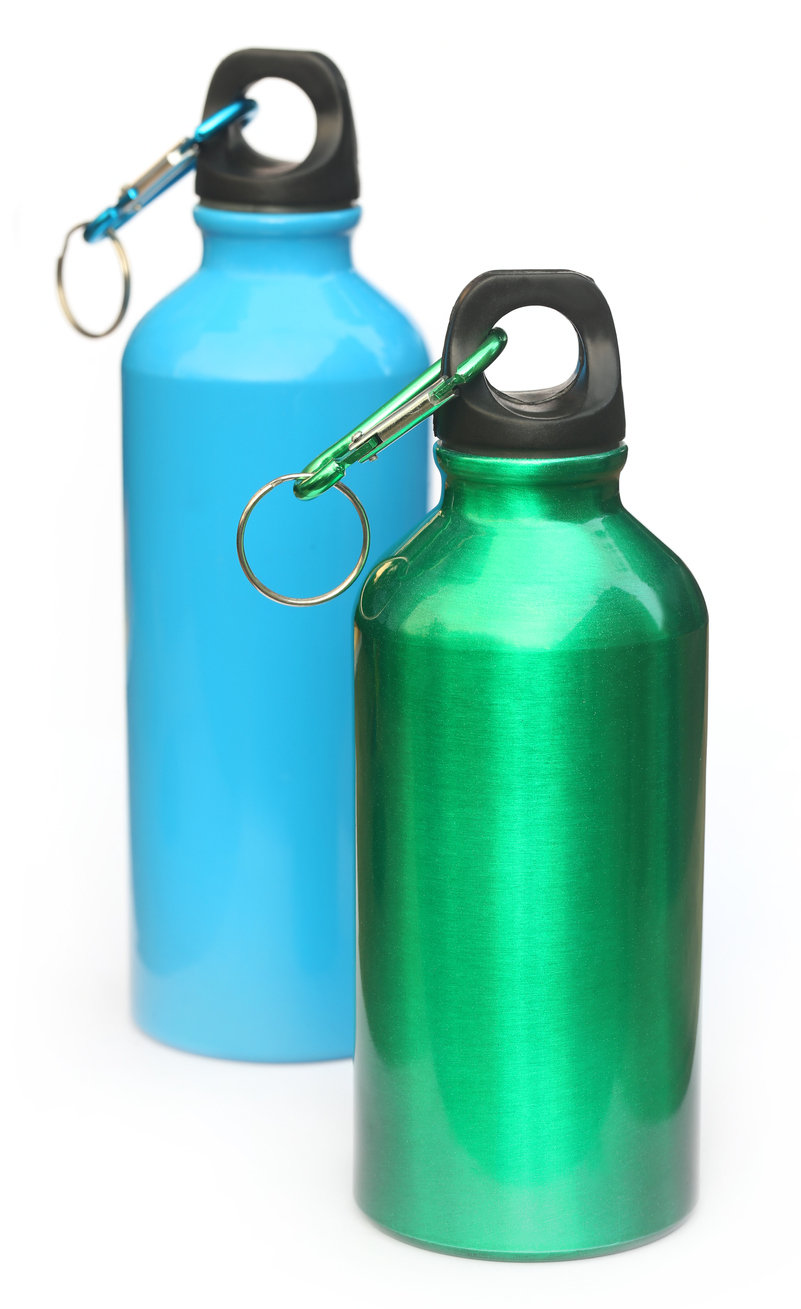
Think of all the plastic we would keep out of landfills if we all used reusable water bottles instead. Some of these bottles have the added benefit of keeping your water cold. What's not to love about them?
Host a toy exchange.
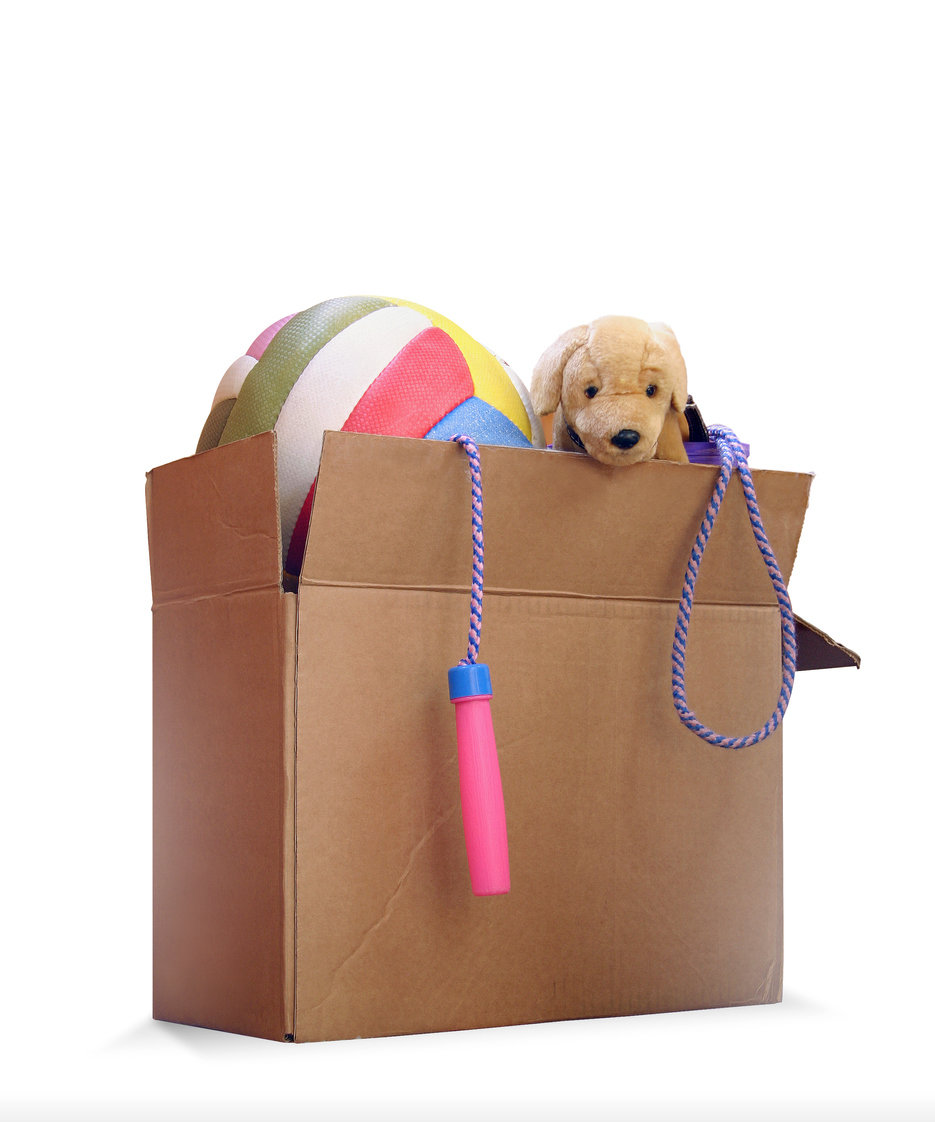
Instead of throwing away perfectly usable toys and buying new ones, host a toy exchange. All the kids invited to the toy exchange can bring their gently used toys and exchange them for other gently used toys.
Always keep a donation box handy.
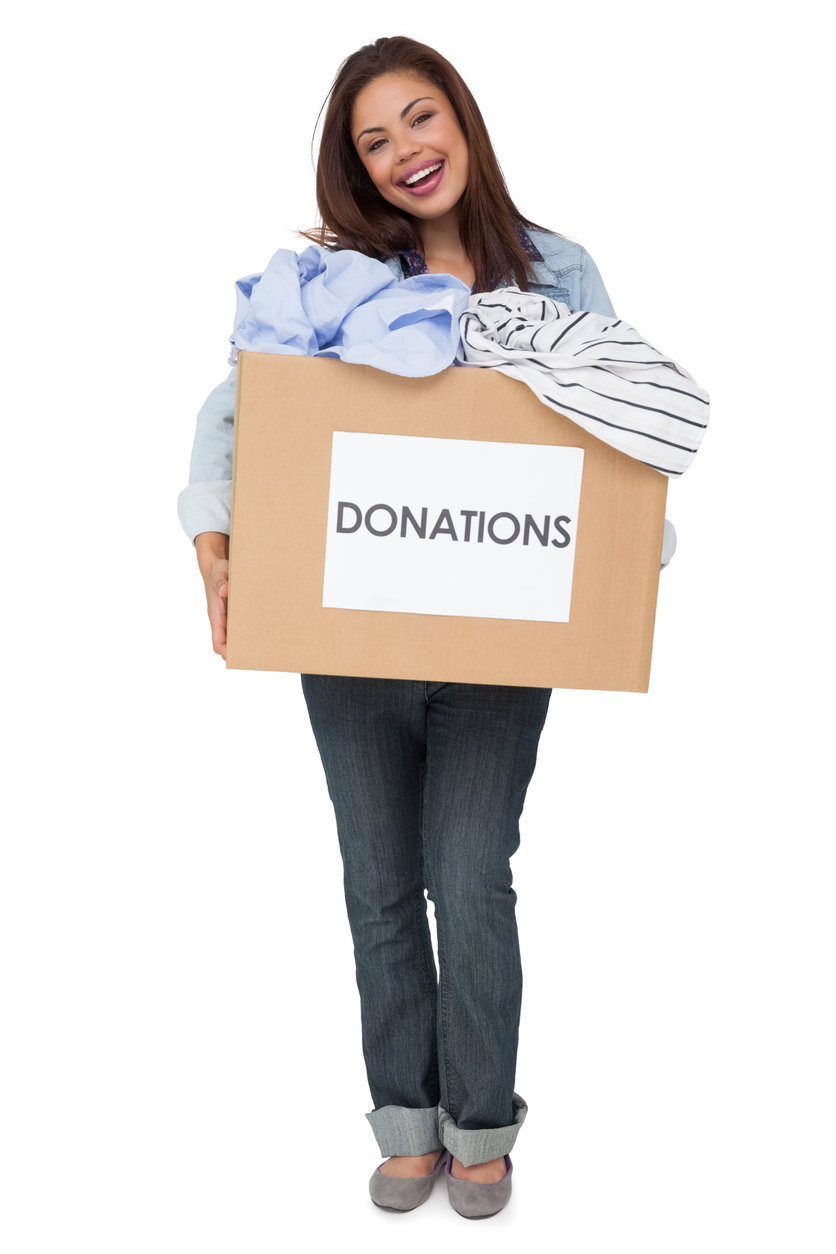
Have a box in a designated area where your kids can put items they no longer want or use, but are still in good condition. When that box fills up, you can drop it off at a donation center. This practice keeps clothes, books, toys, and so much more out of the garbage.
Brush your teeth with the water off.
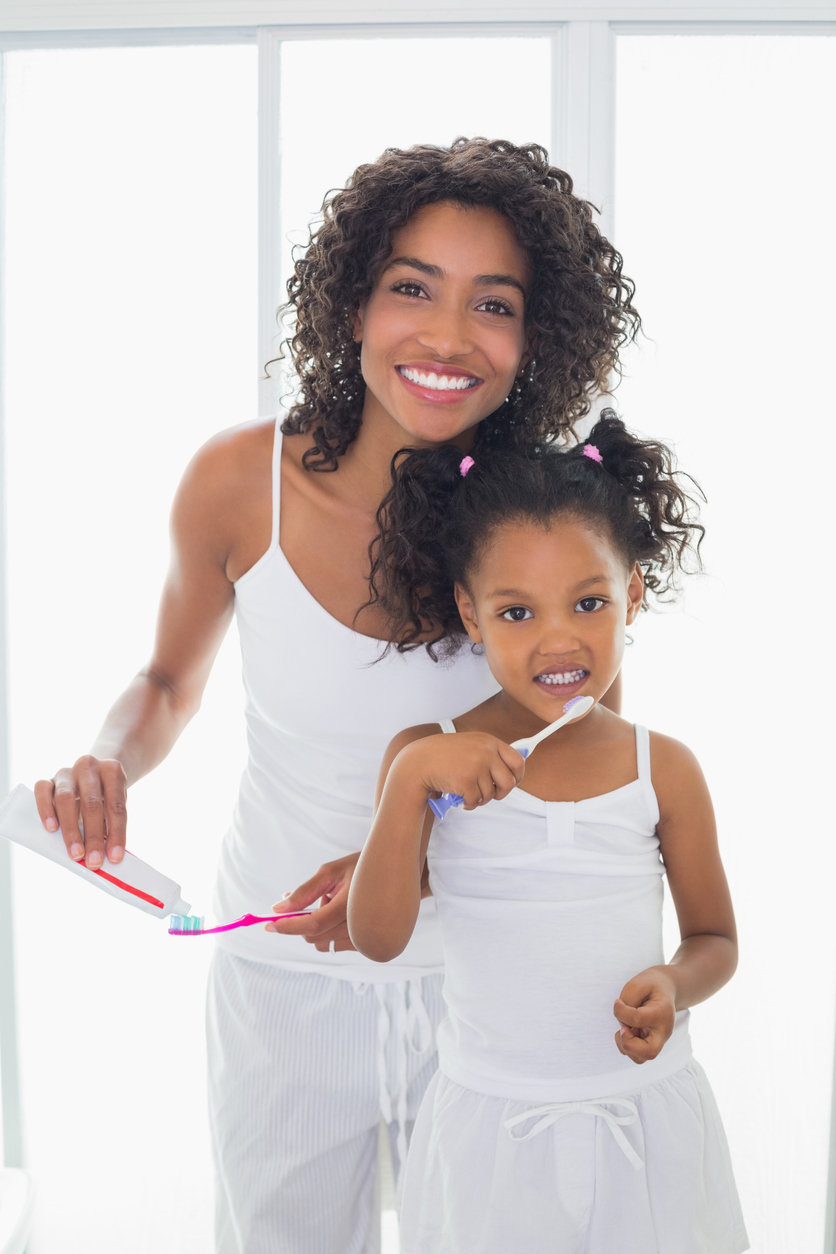
Teach your children to turn off the water while they brush their teeth. There is absolutely no reason to have the water running at that time. When it's time to rinse, they can turn the water back on.
Ditch plastic straws for good!
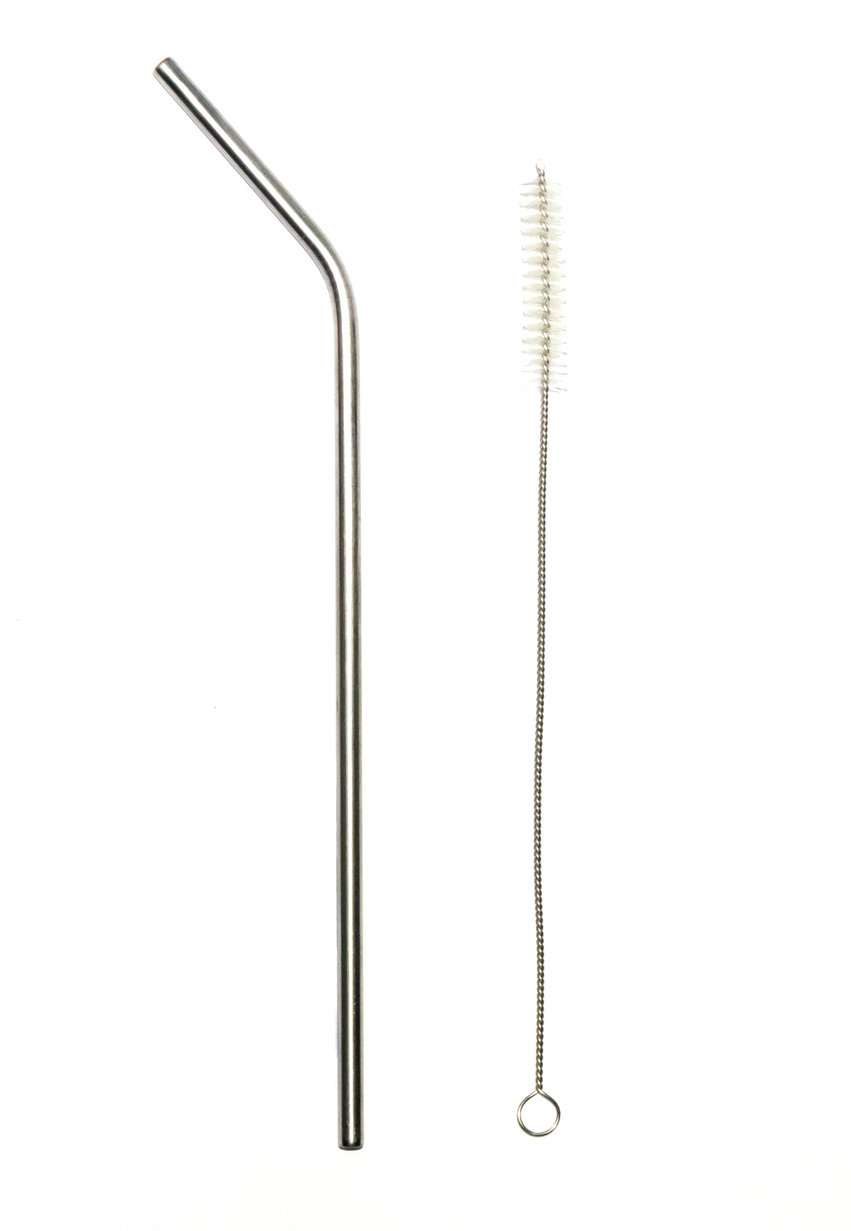
In America, we use an estimated 500 million plastic straws a day. Most plastic straws can't be recycled because of their size, and many of them end up in the ocean, where they kill marine life. You can stop using them altogether or switch to stainless steel or silicone straws that can be cleaned and used over and over again.
Get kids excited about gardening.
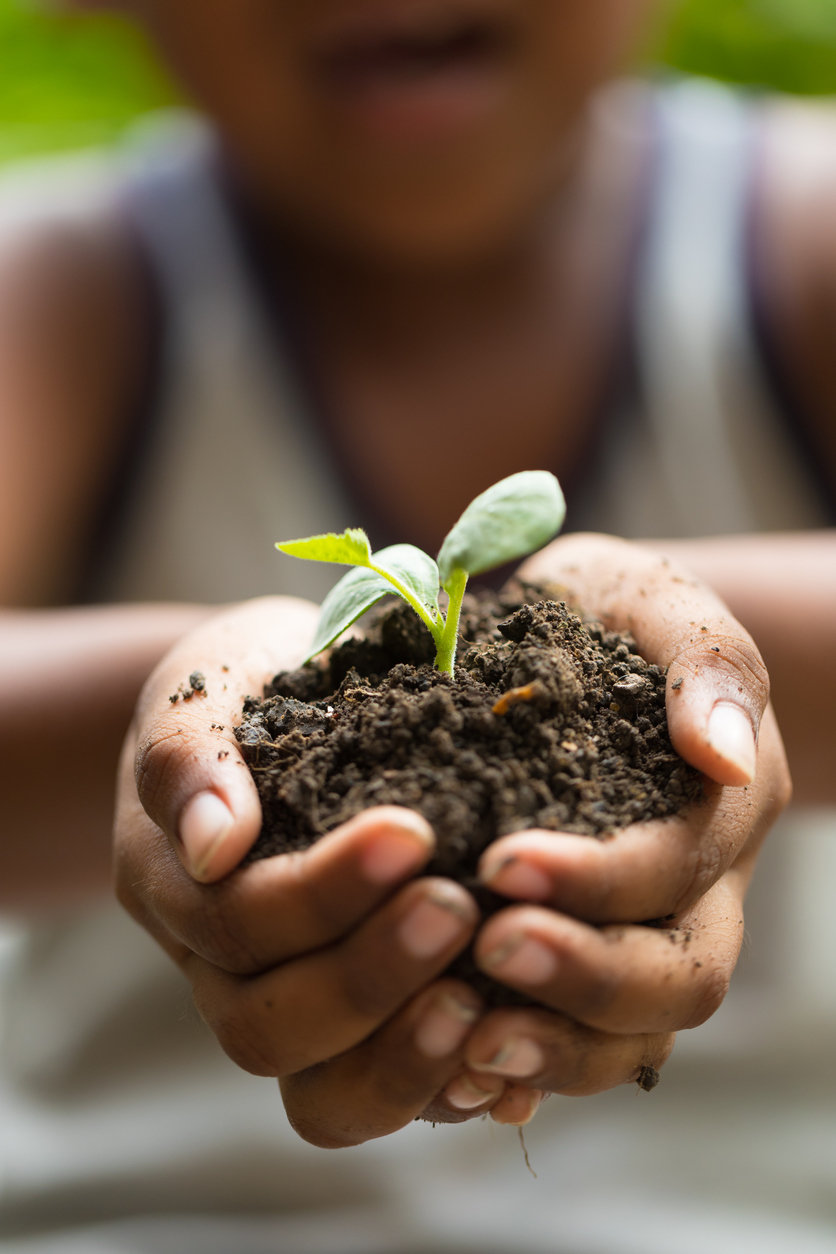
When children garden, they learn how to grow things, and they tend to care about the things they are growing. It gives them an appreciation for soil, the planet, and plants. Nature becomes something that they are a part of in a very real way.
Turn your compost into nourishment for your garden.
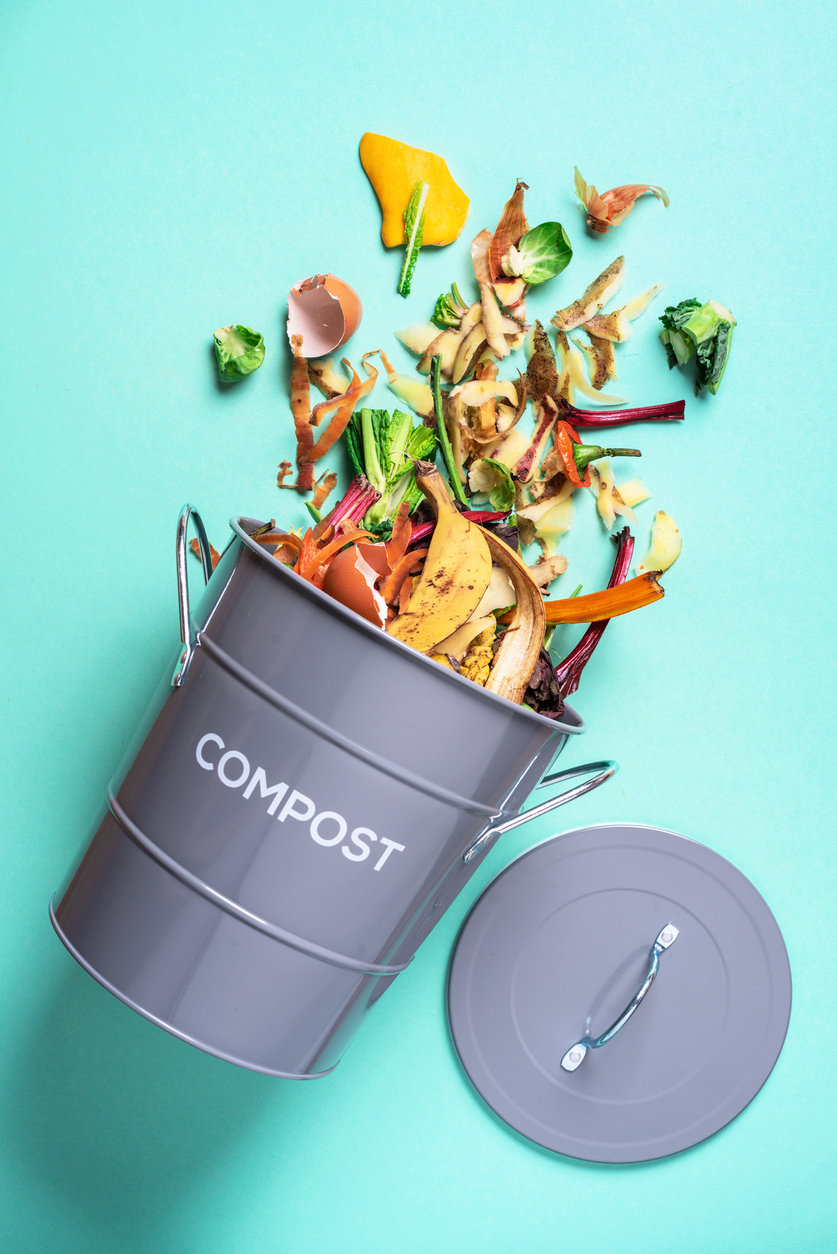
Composting is a great way to save vegetable food scraps, paper, and cardboard to nourish your garden. If you've already gotten your kids excited about gardening, then they will get excited about composting, too.
Make reusable bags a way of life.
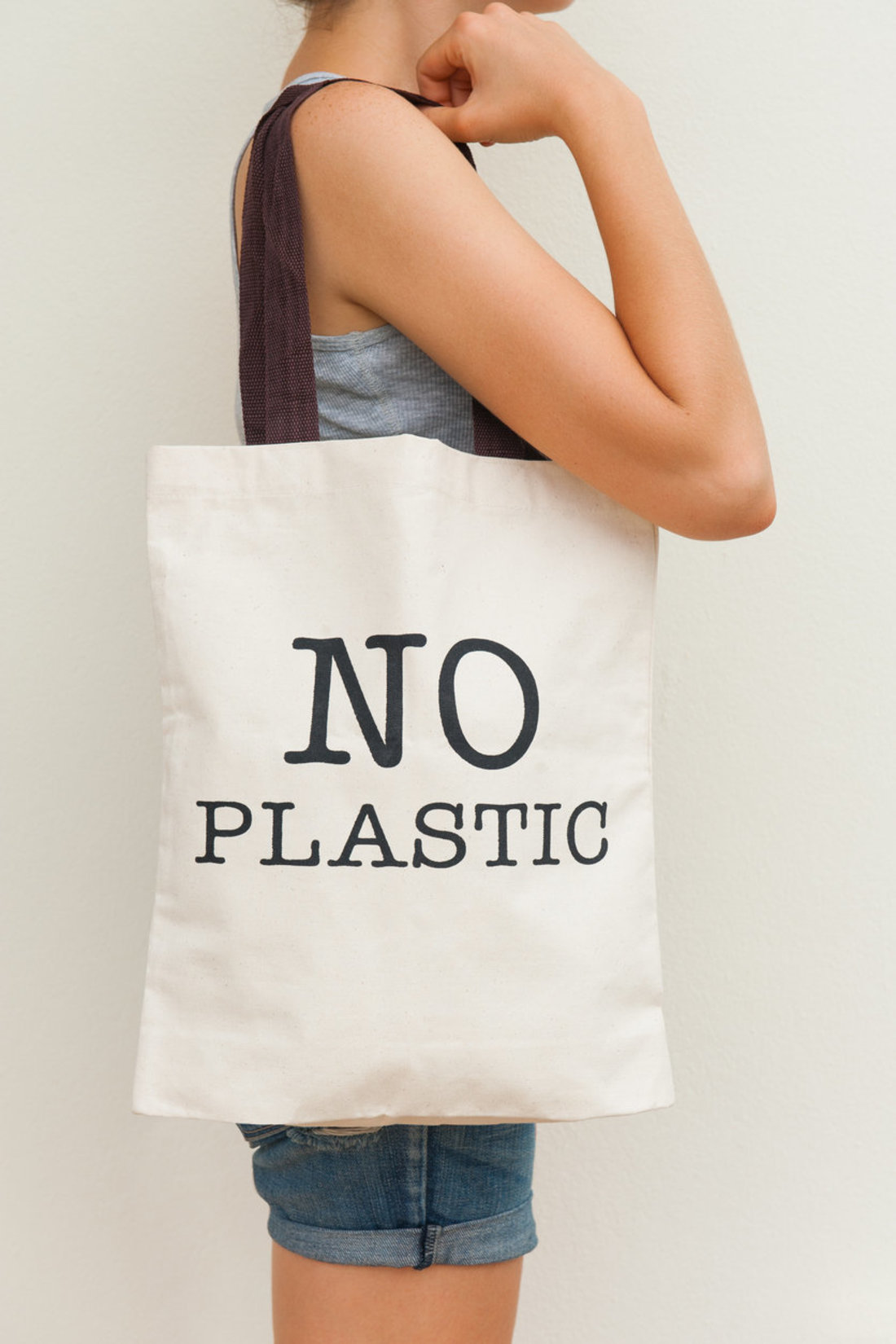
Whenever you go shopping, use reusable bags. Keep them in your car, keep them in your purse—keep them wherever you need to keep them in order to always have them with you. You will still forget them once in a while, but if you use them most of the time, perhaps your children will remind you to grab one, and then you know they are well on their way to always having one handy, as well.
Pack lunches in eco-friendly containers.
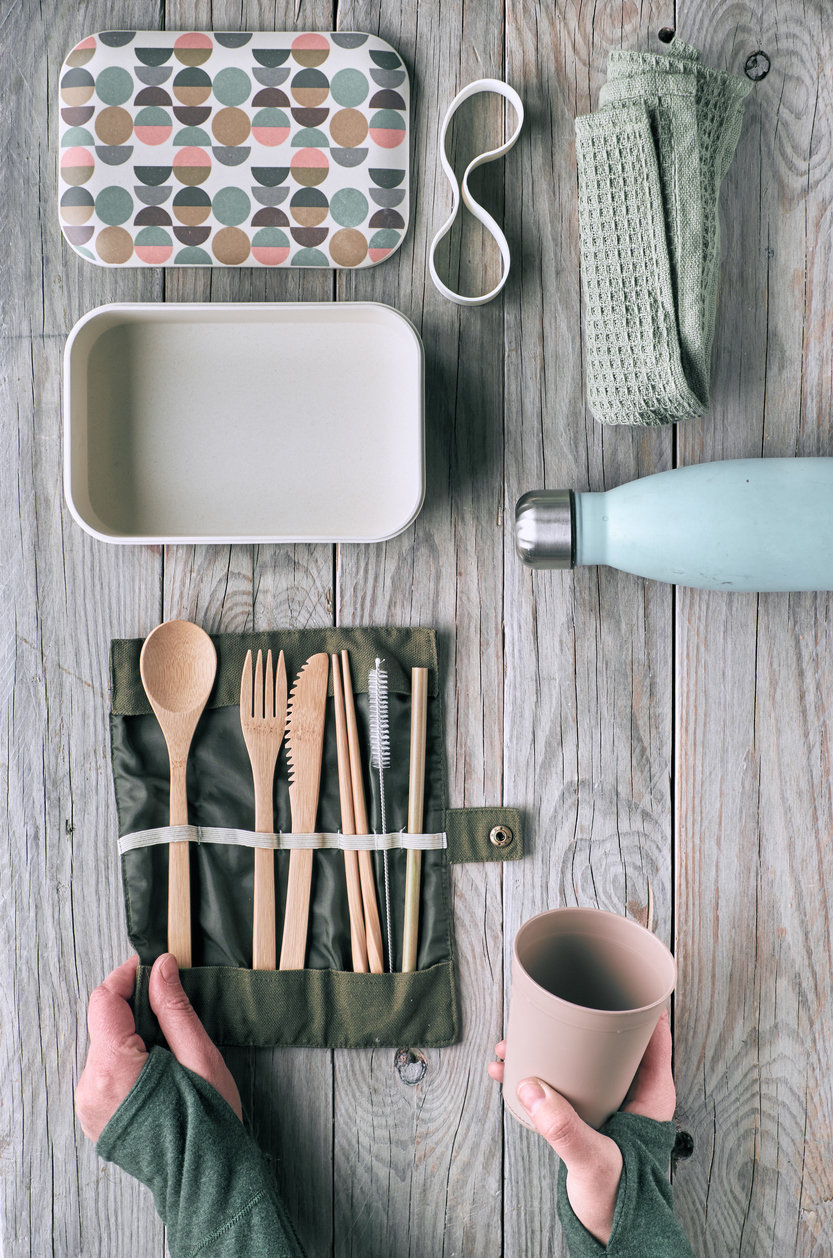
Invest in reusable lunch containers and utensils. They require more of an initial investment, but they will save you money in the long run. Also, no more throwing away plastic baggies.
Consider switching to bamboo toothbrushes.
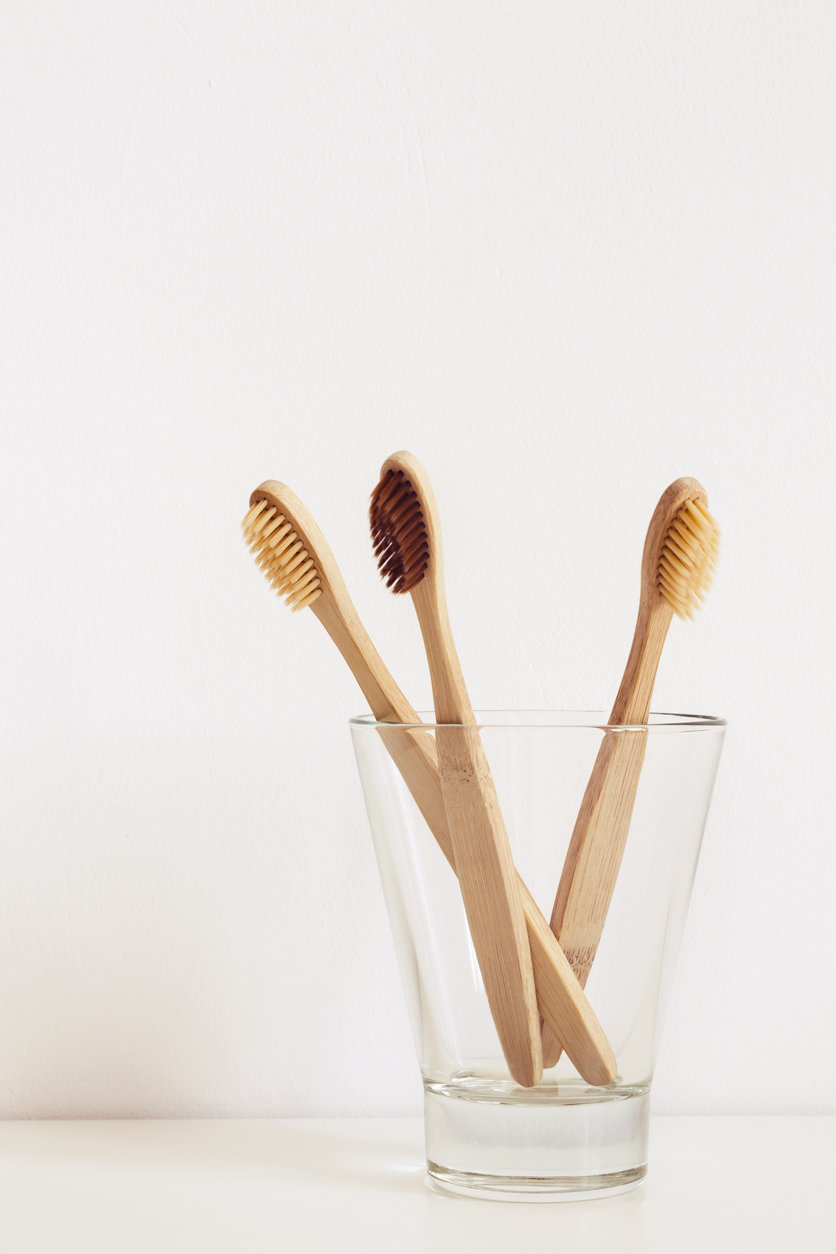
Most toothbrushes are made of plastic and don't get recycled. If you switch to bamboo toothbrushes, you can compost the bamboo portion of the toothbrush. You have to remove the bristles first or break off the part with the bristles before composting.
Consider how your kids get to school.
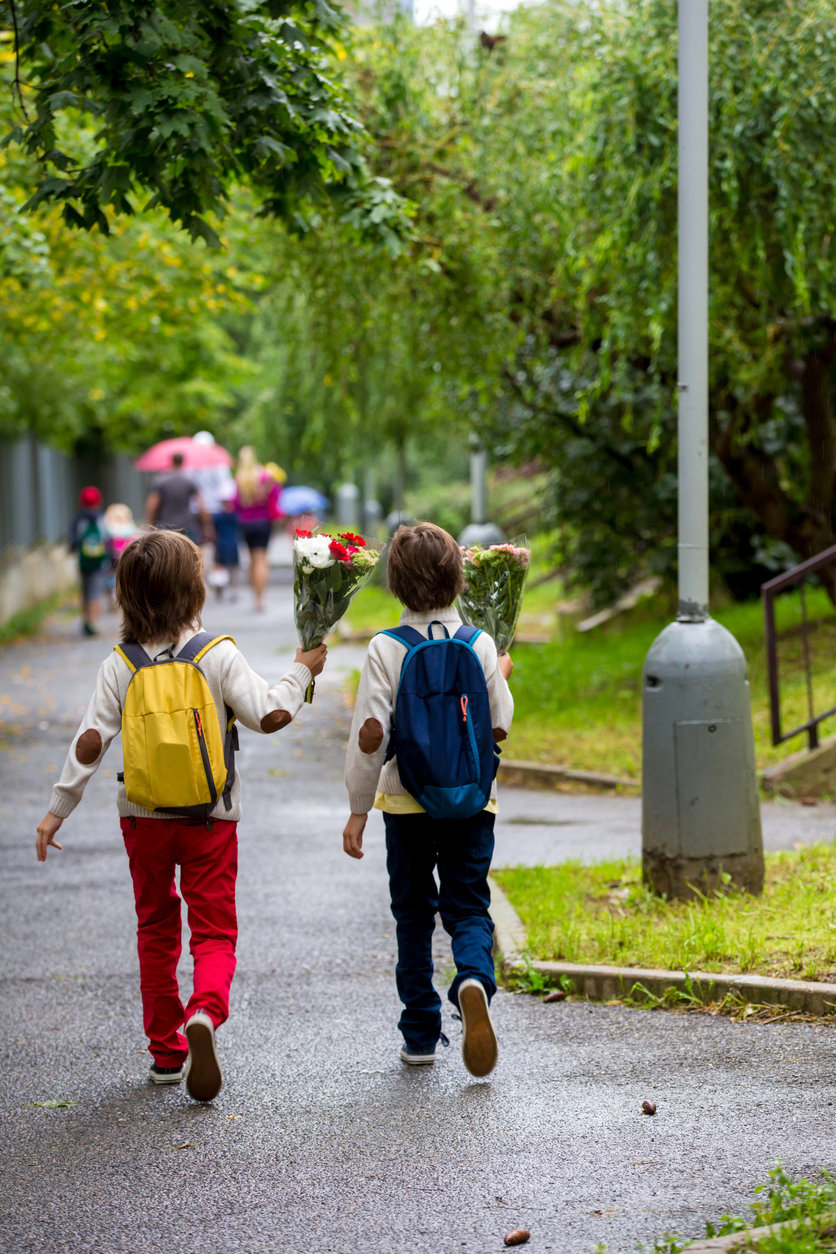
If they are within walking distance and old enough to walk themselves, let them. If you live too far, set up a carpool with other parents so that you save gas and time. Explain to your children how walking or carpooling to school is good for the planet.
Buy used before buying new.
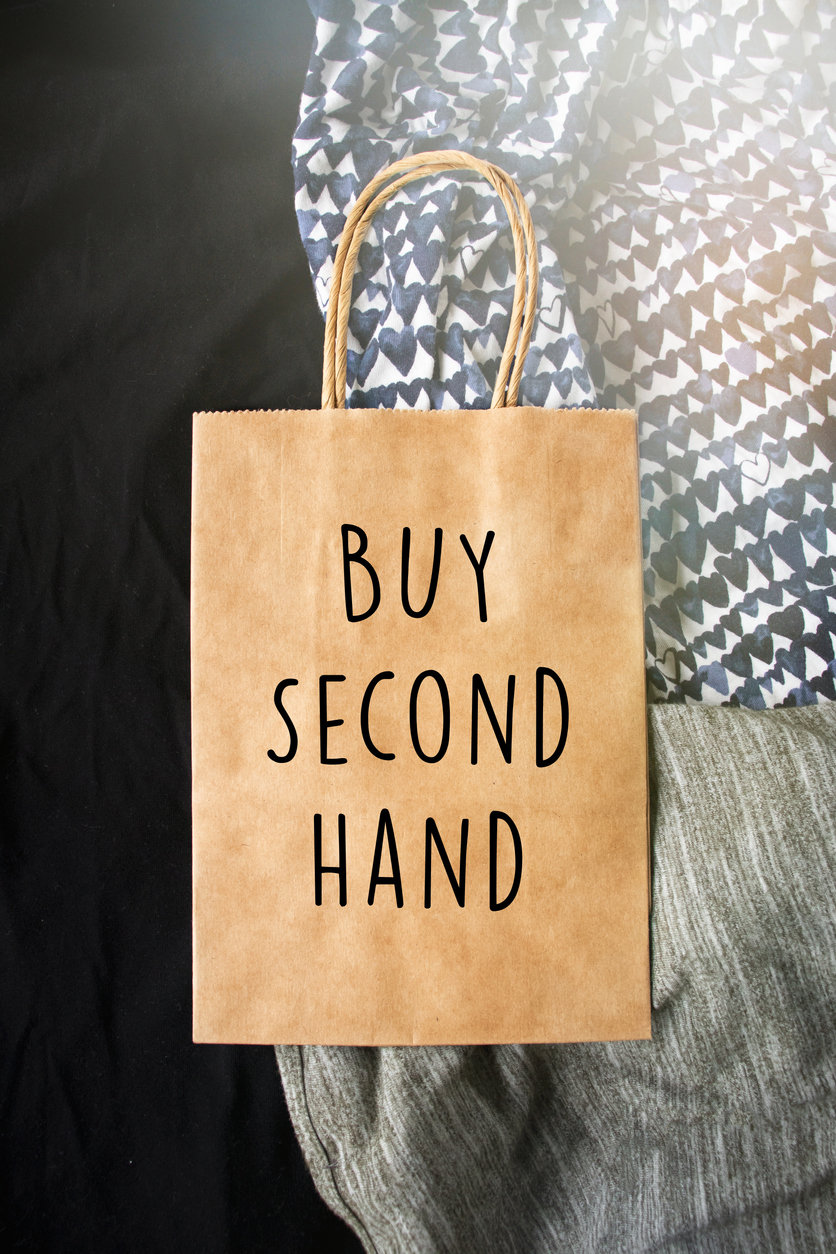
If you love thrift store shopping already, we don't really need to sell you on this idea. But perhaps your kids aren't as excited to buy secondhand as you are and need some convincing. They'll come around when they see that some things are practically new and other things are WAY cheaper than they would be if they were new.
Rechargeable batteries to the rescue!
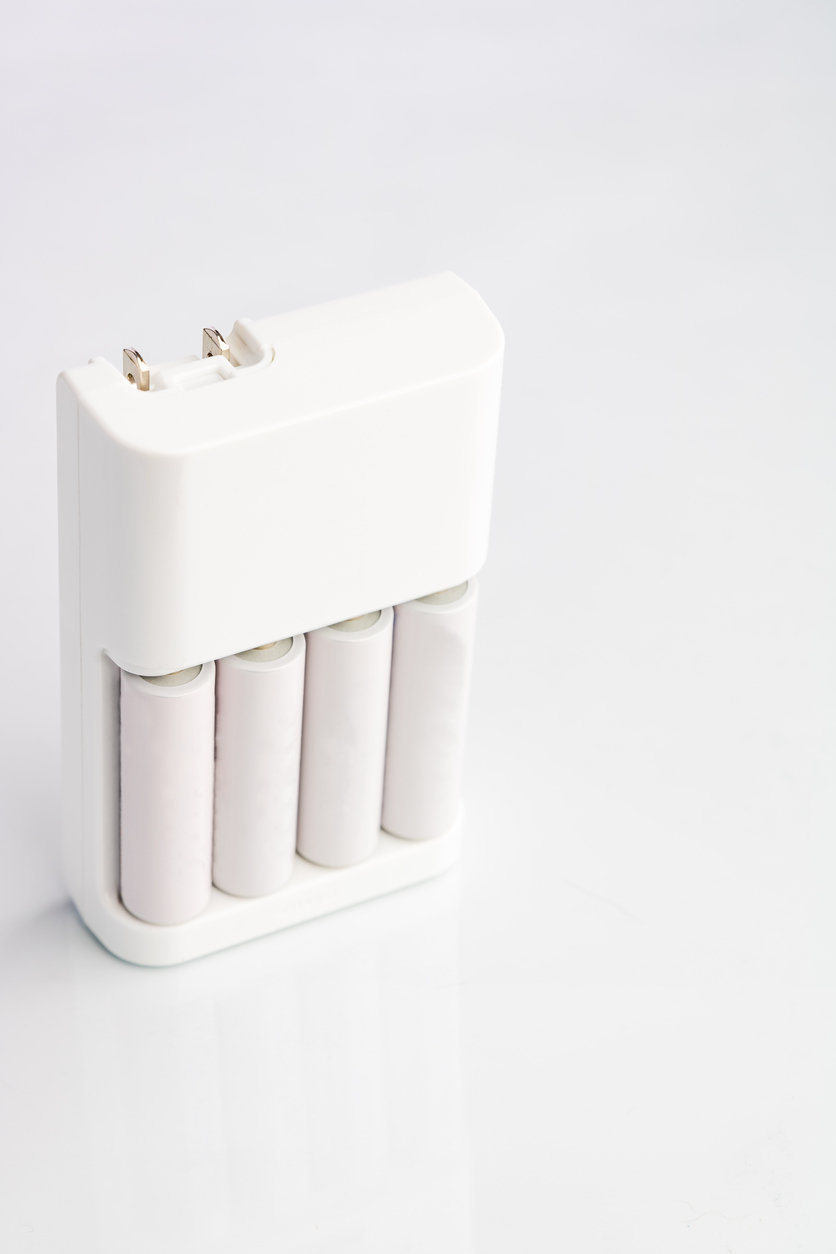
Rechargeable batteries are amazing. Not only do they keep you from using regular batteries that need to be disposed of properly from the garbage, but they can be used over and over again. This is good because batteries tend to be in high demand when kids are around.
Get creative with artwork.
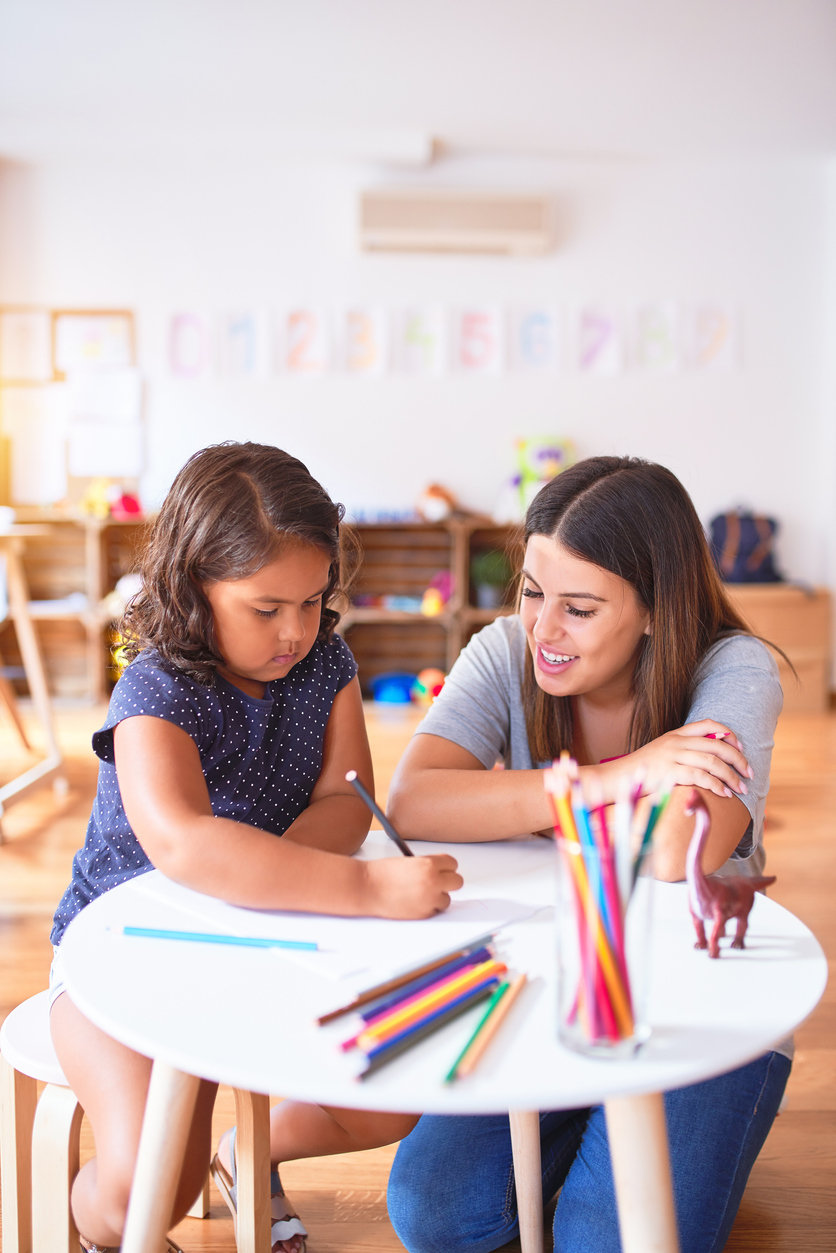
Kids are creative and love to make art. You may find yourself with stacks and stacks of their art. Papers upon papers are being used. You can, of course, recycle their paper-based art. You can also get creative with their art. Use it to wrap small gifts instead of buying wrapping paper. Use it to wrap a bouquet of hand-picked flowers to give as a gift. Have your kids use both sides of the paper to draw on instead of just one side.


